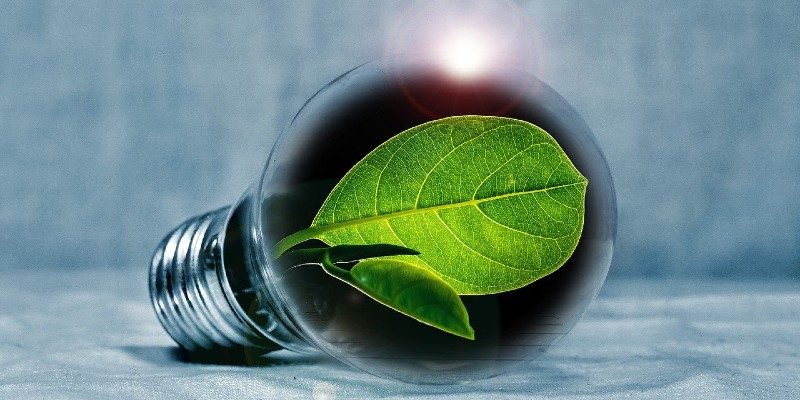Microsoft today announced the winner of its Pledge to Progress: Sustainability Hackathon, which was designed to incubate ideas, build innovative solutions and shape India’s sustainable future leveraging the power of technology. The winning solution of the hackathon came from a four-member team of Wipro employees who are committed to building climate change resilience for people with disabilities (PwDs).
The Pledge to Progress: Sustainability Hackathon is a platform for organizations and individuals to develop progressive solutions that can help reduce carbon emissions, save water, manage waste, create green software, built on Microsoft Cloud for Sustainability platform, tools and extensibility options. The hackathon that kicked off in March 2023 received over 95 entries from companies including Infosys, Deloitte, UST Global, TCS, Wipro, Oracle, FIS Global, Tech M, Cast Software, Capgemini, ITC Infotech, across the two themes of “industry specific solutions” and “green software development”. The hackathon was preceded by a series of enablement sessions with 154 participants from 92 partner organizations.
Congratulating the winner, Jean-Philippe Courtois, Executive Vice President and President, National Transformation Partnerships, Microsoft said, “Microsoft is committed to accelerating global progress by working with our customers, partners and, governments as they move toward a net zero, environmentally sustainable future. As we continue our collective journey, we are proud to foster innovative ideas coming from the hackathon that are crucial in reshaping the future of sustainable solutions across industries. By encouraging creative thinking and rapid innovation, we are unlocking the potential for breakthrough solutions that can help build a more sustainable future harnessing the power of technology.”
Inspire, the winning team from Wipro, built a prototype that can help PwDs play a stronger role in building climate change resilience and adopt sustainable practices. Integrating accessibility features, the solution enables people who are blind or have low vision to not just read and interact with reports on Microsoft Sustainability Manager but also build apps on the extensible solution. The solution offers a virtual advisor based on Azure OpenAI Service for Corporate Sustainability Reporting Directive and leverages the Microsoft Planetary Computer for satellite AI-based carbon credits and water sustainability. To address the tech challenges in Scope 3 value chain accountability, the solution employs Microsoft Fabric to bring in carbon footprint data and innovates with Pathfiner PACT, which is currently previewed in Microsoft Sustainability Manager. Enabling PwDs to adopt sustainability practices to fight climate change, the AI tools can help people who are blind or have low vision find recycle bins or emergency evacuation paths during extreme weather events.
PwDs are at greater risk of the devastating impacts of climate change, including threats to health, food security, water, sanitation, as well as livelihoods. Limited access to knowledge, resources, and services to effectively respond to environmental change, a variety of socio-economic risk factors, and exclusion in planning for effects of climate change can lead to increased vulnerabilities for PwDs.
Apart from Wipro, three other teams received special mention for their innovation:
- Bring Life to Lakes by Sharp Software Development: Centralized solution integrated with Microsoft Sustainability Manager for measuring the quality of water and monitoring garbage for apartment STPs and lakes.
- Team Scintilla by Pratishri IT Solutions: A mobile application platform that reduces food waste, feeds the needy, and promotes sustainability.
- Mother Nature Earth by Tata Consultancy Services: Solar energy prediction and management solution to estimate energy availability.
The winning team will gain access to expert mentorship from industry leaders, tap into Microsoft’s extensive network of partners and customers, and receive resources to further refine and develop their solutions.





